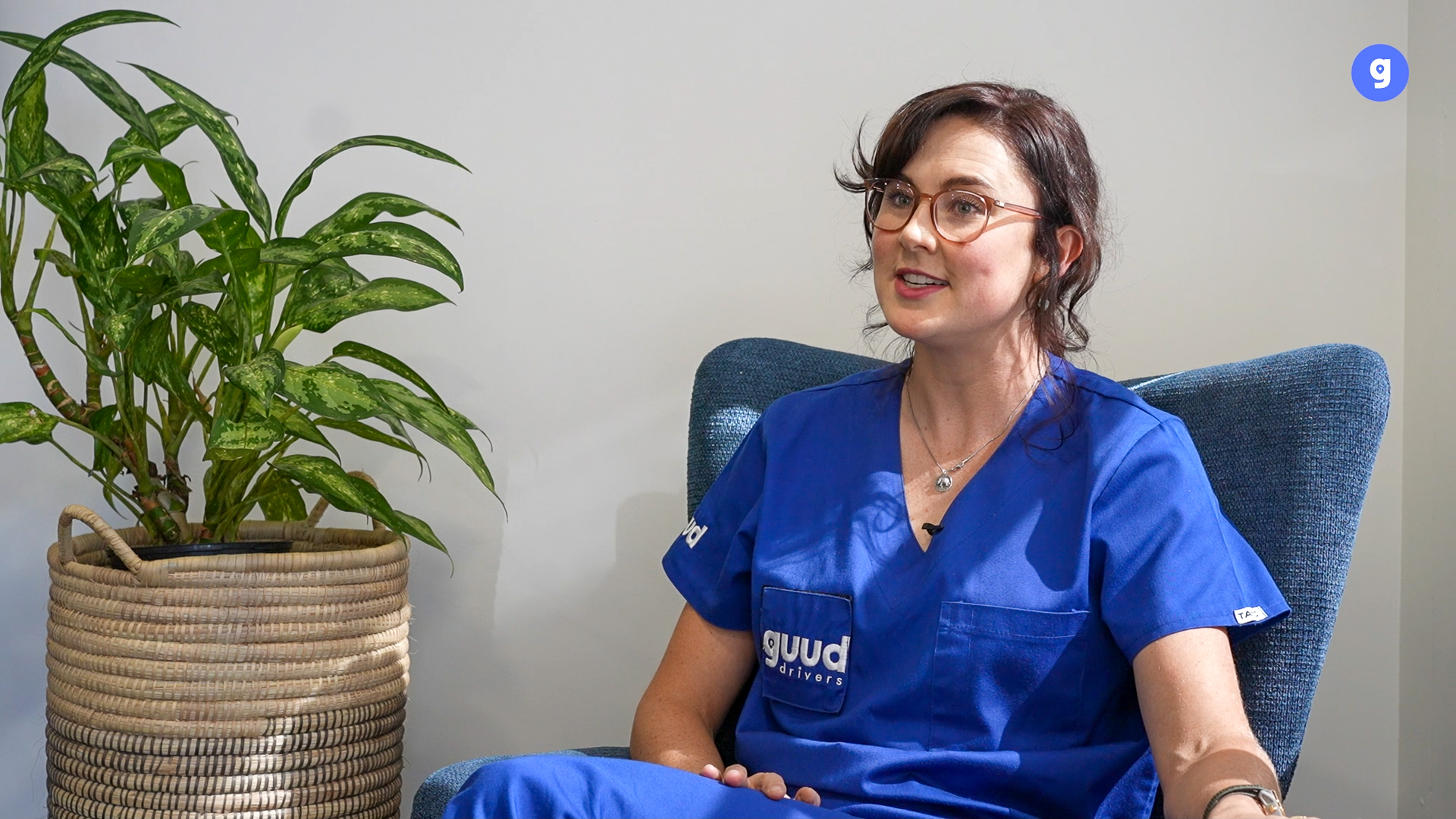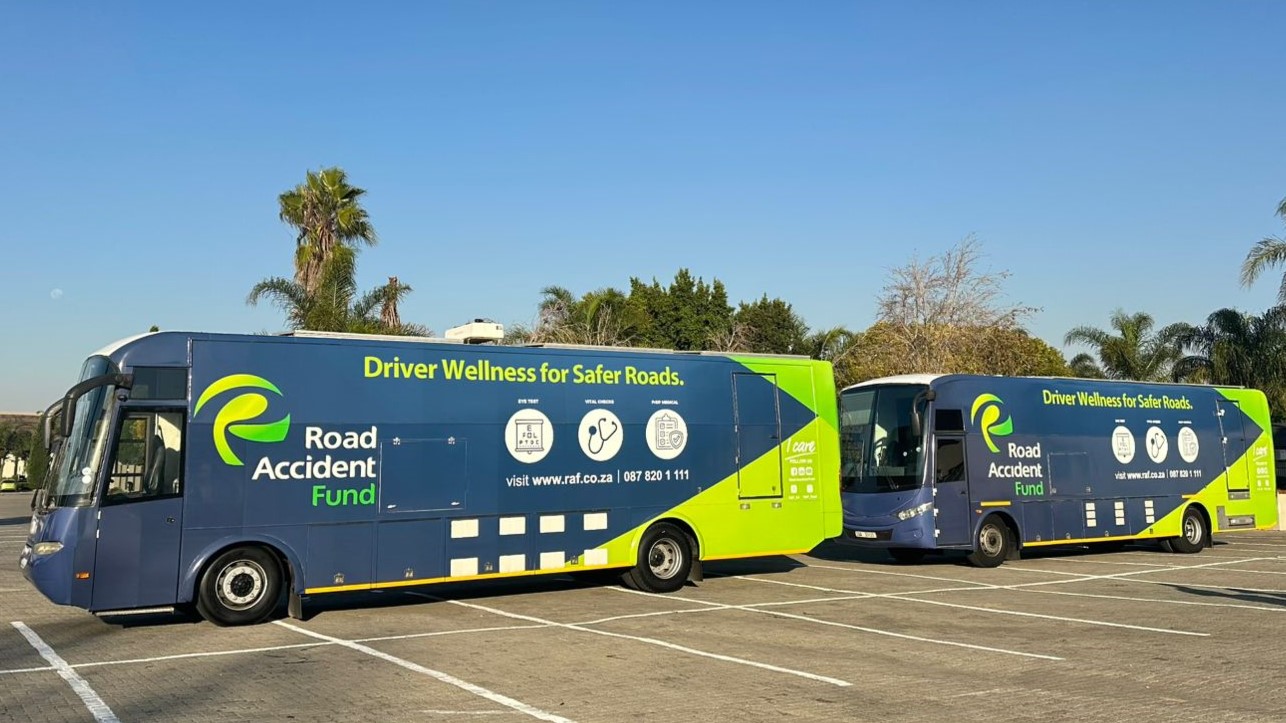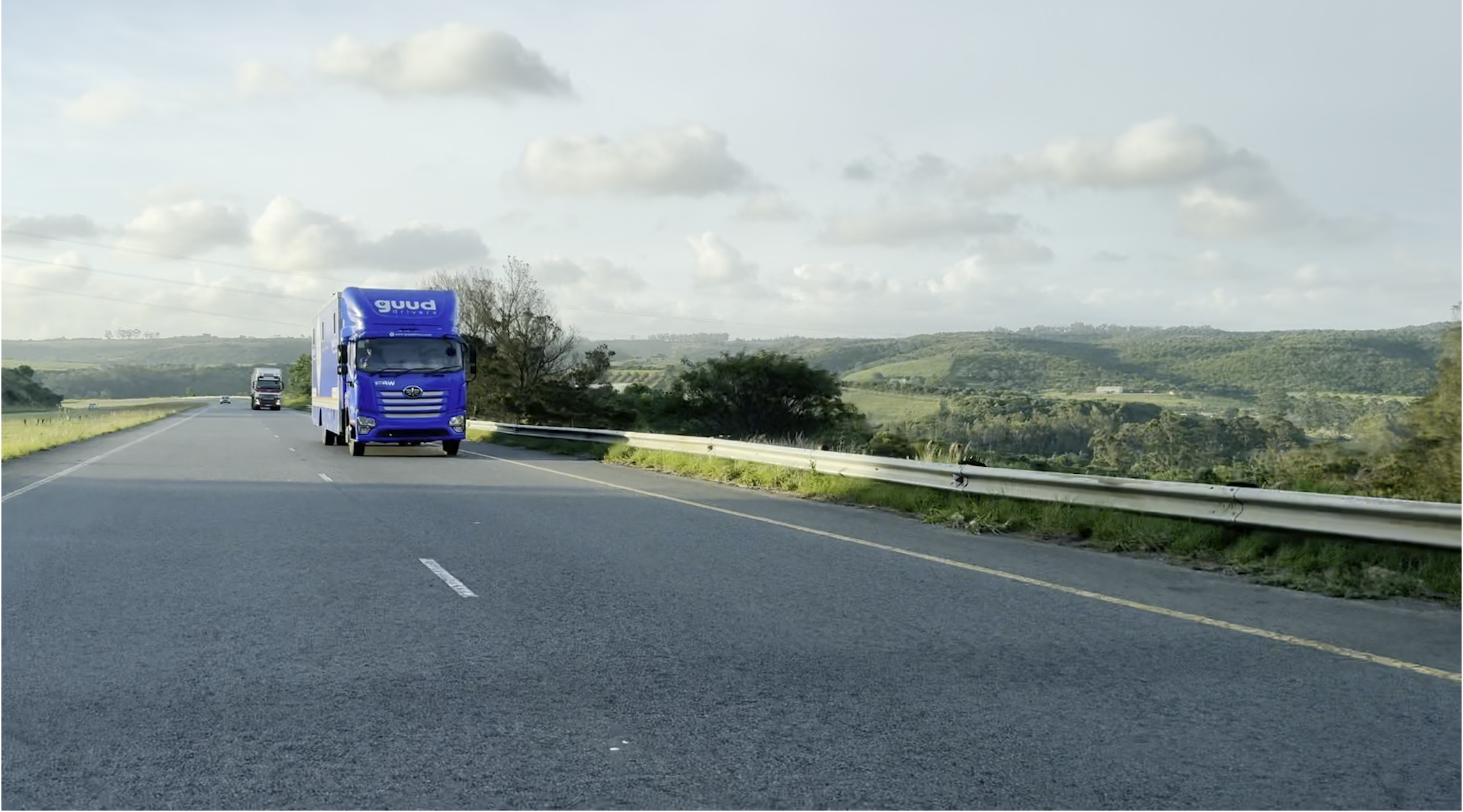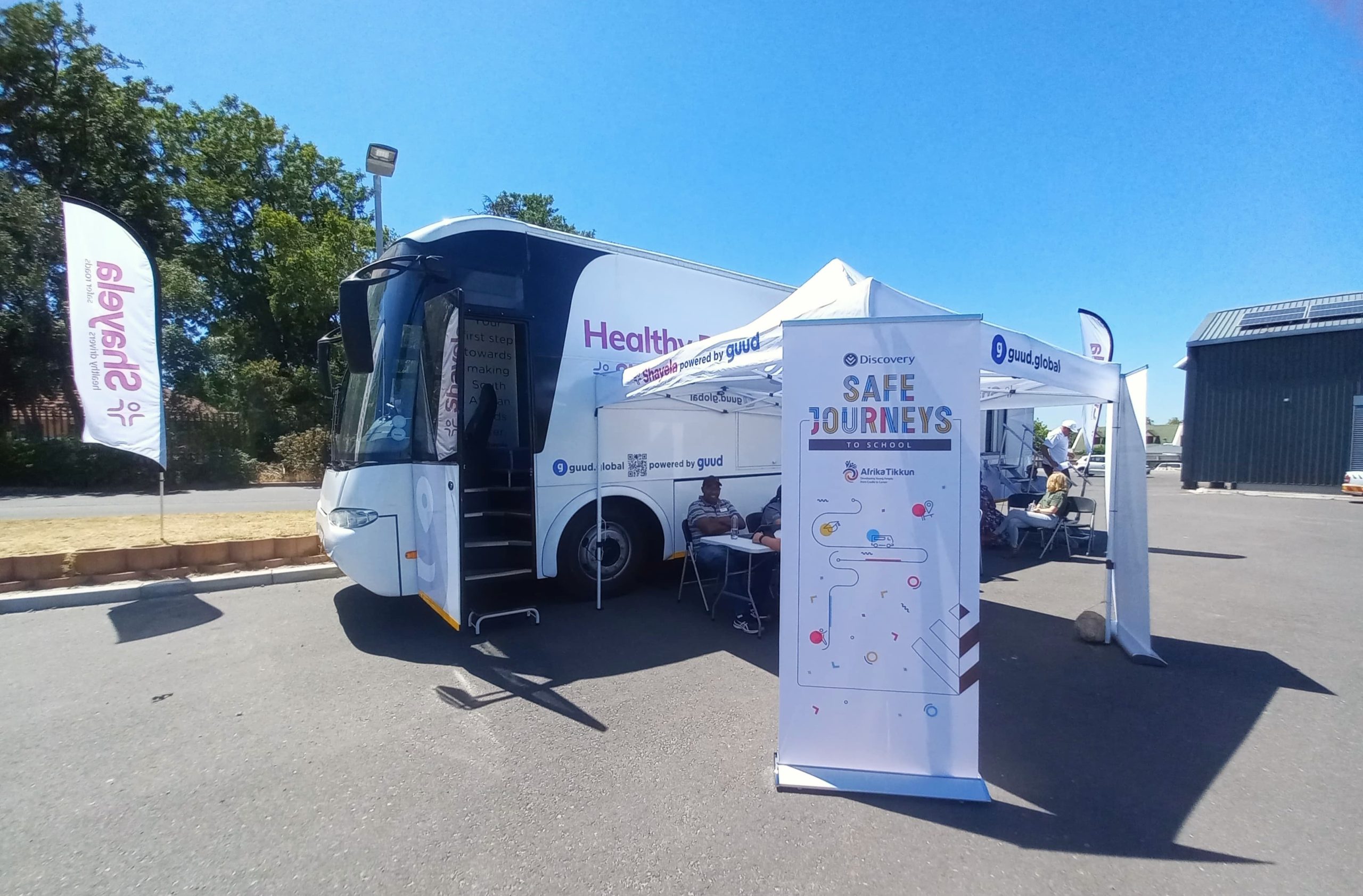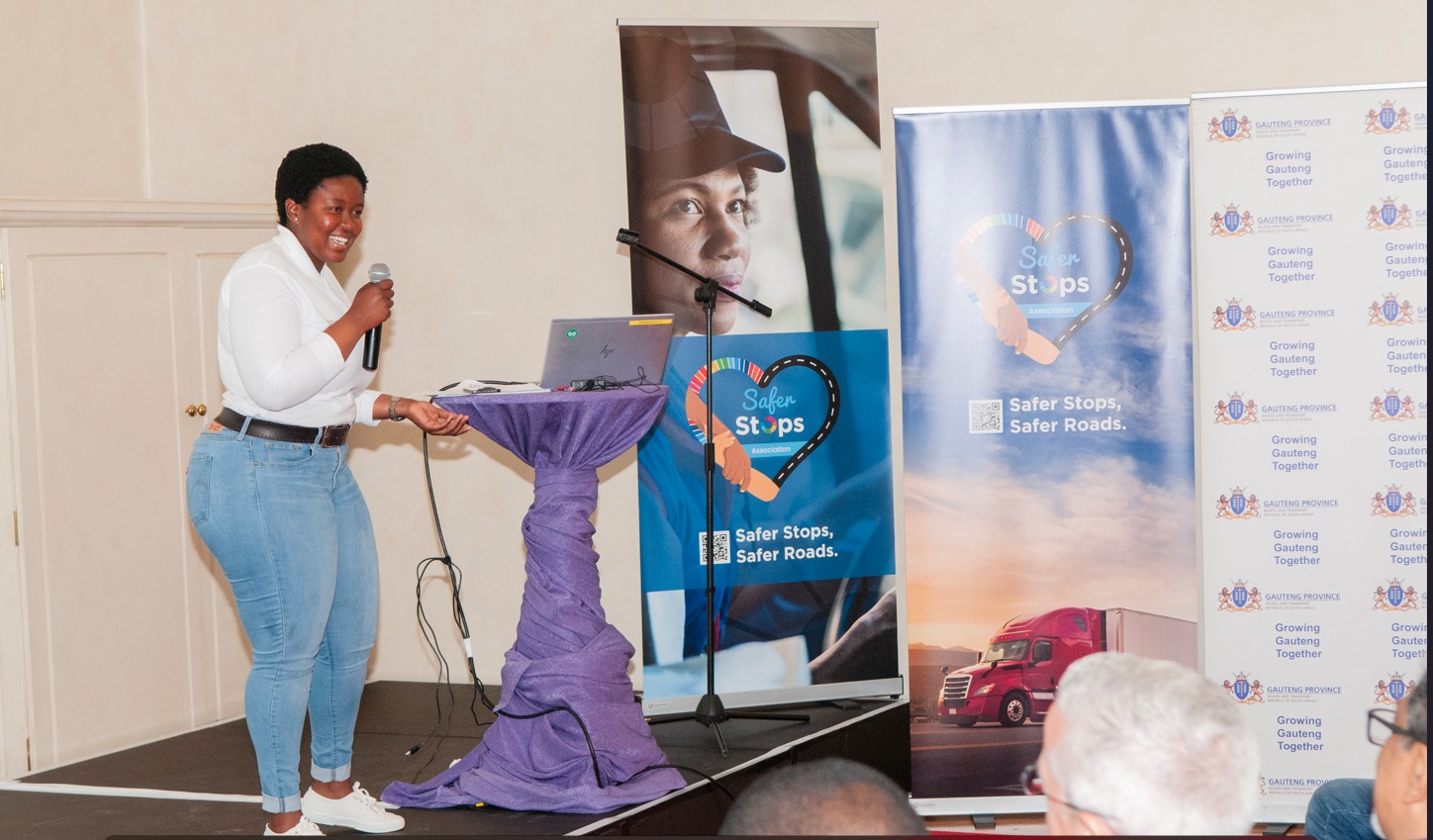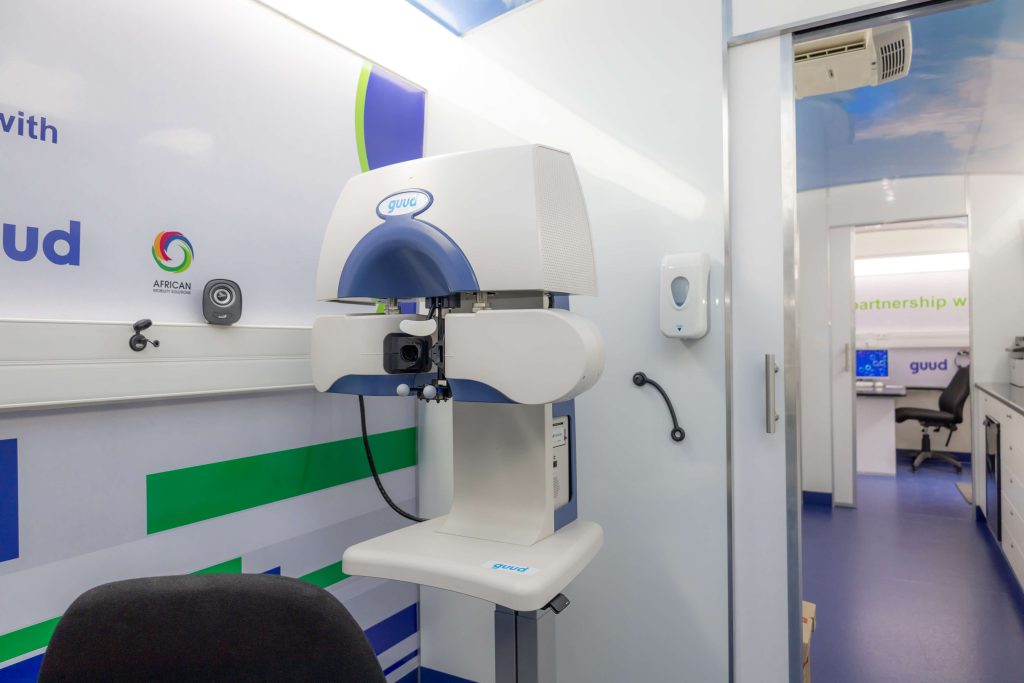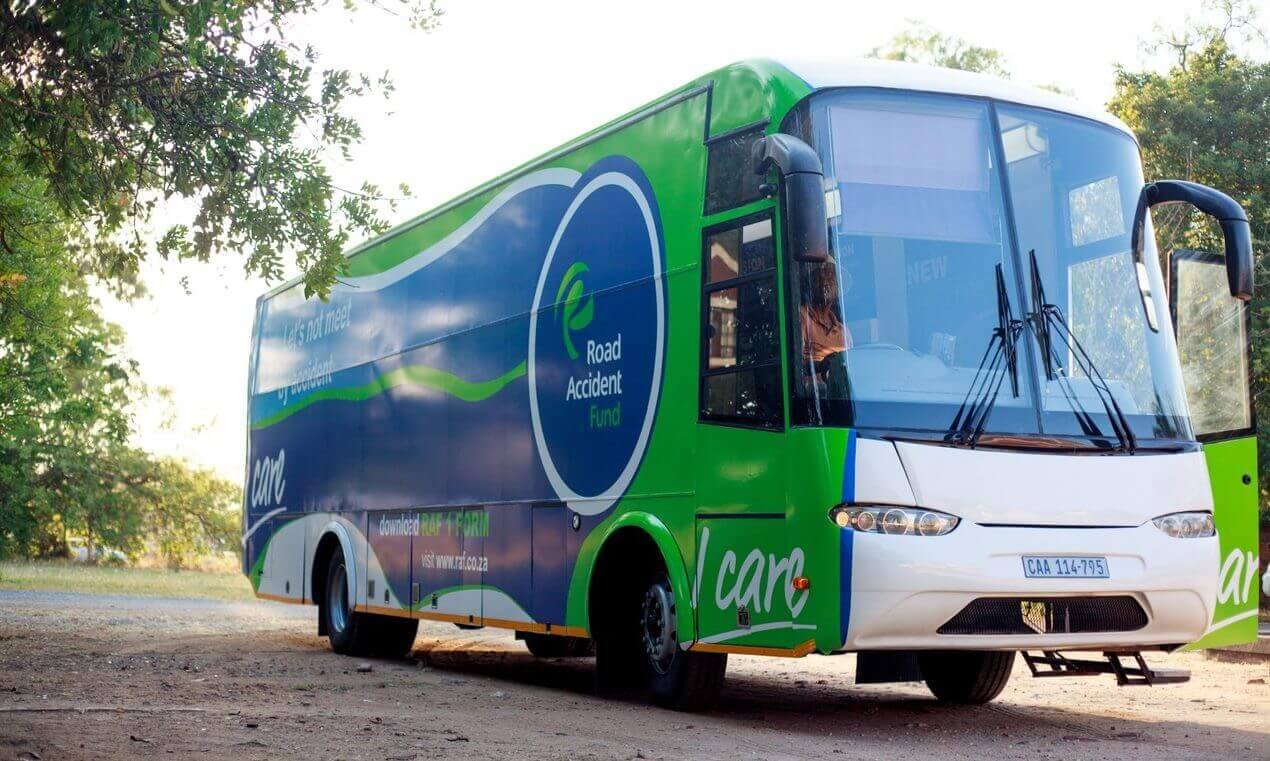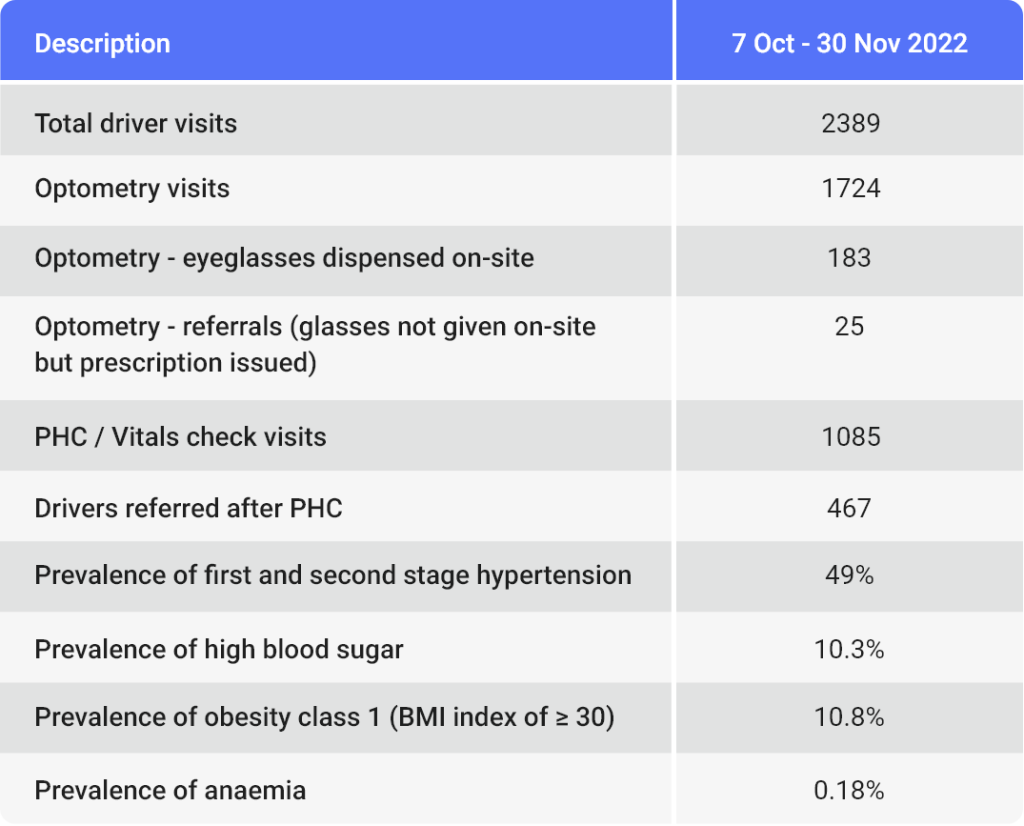An interview with Dr. Tracy Sanders, medical lead on the Guud Drivers initiative, reveals urgent health trends among South Africa’s commercial drivers and why businesses cannot afford to ignore them.
In the commercial transport industry, safety, compliance, and efficiency are all inextricably linked to one often overlooked factor: Driver Health. The Guud Drivers initiative, which has assessed over 16,000 commercial drivers nationwide, is bringing critical awareness to the health and compliance status of South Africa’s professional drivers, and providing scalable solutions that directly benefit employers, employees, and the public. We sat down with Dr. Sanders, who has been at the forefront of this initiative, to understand the current landscape and why companies should prioritise driver health and compliance to reduce liability, lower risk, and improve driver well-being.
Commercial drivers operate in one of the most sedentary, high-stress professions in South Africa. With long hours behind the wheel, limited access to healthy food, and scarce time for medical check-ups, the result is a worrying trend in health data. According to the most recent quarter of assessments involving 3,200 drivers:
A Workforce Under Pressure: The Health Status of SA’s Commercial Drivers
- 34% were overweight, and 37% fell into the category of obese.
- 41% of drivers diagnosed with hypertension were not on treatment.
- 10% had elevated cholesterol, increasing cardiovascular risk.
- 7.3% showed signs of high blood sugar, with many unaware they had Type 2 diabetes.
“These are not just medical statistics,” explains Dr. Sanders. “They translate directly into road safety risk.”
The Hidden Dangers of Uncontrolled Chronic Illness
Untreated chronic conditions like hypertension and diabetes have a direct impact on driving safety. High blood pressure, known as the silent killer, may seem benign until it causes a heart attack or stroke behind the wheel. Over time, it also impairs cognitive function, decision-making, and concentration, all of which are essential for safe driving.
In drivers with uncontrolled diabetes, especially those on insulin or oral medication, hypoglycaemic episodes can occur suddenly. These include symptoms like confusion, drowsiness, seizures, and even loss of consciousness, all while operating heavy vehicles.
High blood sugar, on the other hand, causes fatigue, blurred vision, frequent urination, and poor concentration. “It makes drivers feel pretty rubbish,” says Dr. Sanders plainly, “and it affects everything from attitude on the road to reaction time in a crisis.”
Compliance Gaps: The PrDP Challenge
Beyond health, compliance with the Professional Driver’s Permit (PrDP) requirement is a growing issue. Dr. Sanders’ team found that 1 in 3 drivers assessed were not compliant with PrDP regulations. Most drivers cited access barriers, difficulty finding time for medical appointments or logistical challenges in securing required documentation.
This gap exposes companies to serious legal liability. If a non-compliant driver is involved in an accident, the employer is at risk of fines, insurance claims, reputational damage, and asset loss.
Guud Drivers: A Scalable Solution for a Complex Problem
This is where the Guud Drivers solution brings transformative value. Unlike the basic tick-box approach of traditional PrDP medicals, Guud Drivers offers a comprehensive health assessment using technology, including:
- Full medical history
- Lifestyle and social risk factor analysis
- On-site vitals, blood pressure, cholesterol, and glucose checks
- Real-time electronic health records
- Telemedicine support with doctors on standby
- Actionable fleet health reports for employers
“We meet the drivers where they are, on the job,” says Dr. Sanders. “We intervene early, educate, and empower them to take control of their health. And in doing so, we prevent future crises.”
This holistic, preventative approach ensures continuity of care for drivers and provides companies with transparent data to understand and manage their fleet’s health and compliance risks.
Final Word
As Dr. Sanders puts it, “A driver who is sick, stressed, and unsupported is a risk to themselves, to the public, and to the company. But a driver who is seen, assessed, and supported becomes an asset.”
The insights shared by Dr. Sanders point to a deeper truth. Driver health is not separate from road safety, efficiency or compliance. It is central to all of them. In a high-risk industry where the margin for error is small, caring for the well-being of commercial drivers is not just ethical. It is essential to do business responsibly and build a stronger, more resilient transport sector.

